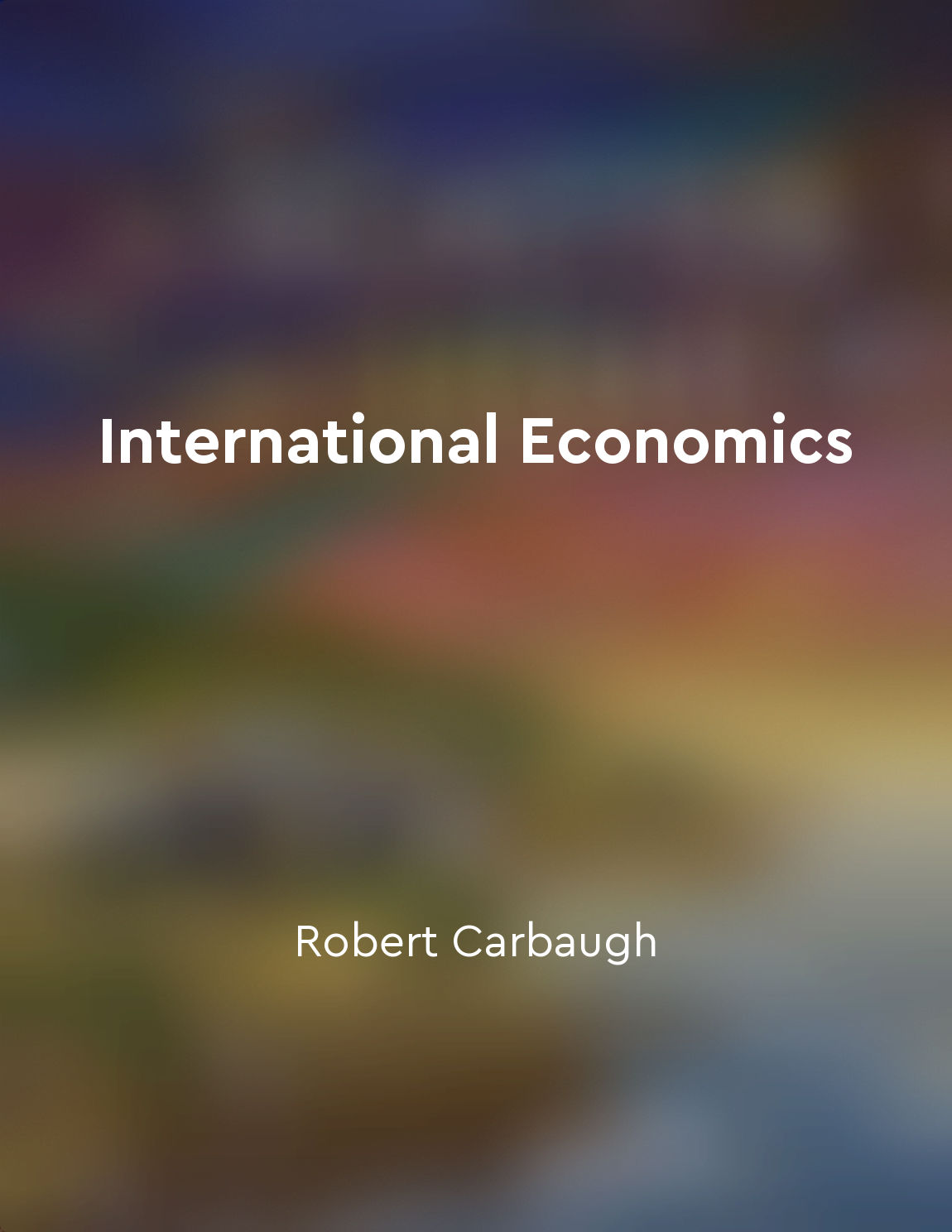Governments abandoned the gold standard from "summary" of The Fiat Standard by Saifedean Ammous
The gold standard was a system in which currencies were directly linked to a specific amount of gold. This system provided stability and confidence in the value of money, as the supply of money was limited by the amount of gold held by the government. However, as governments faced increasing pressure to finance their spending, they began to abandon the gold standard in favor of fiat currencies. Fiat currencies are not backed by any physical commodity like gold. Instead, their value is derived from the trust and confidence of the people using them. This shift away from the gold standard allowed governments to print more money without having to worry about depleting their gold reserves. While this gave governments more flexibility in managing their economies, it also opened the door to inflation and currency devaluation. By disconnecting their currencies from gold, governments essentially gave themselves a blank check to create as much money as they wanted. This led to a significant increase in the money supply, which in turn devalued the purchasing power of the currency. Inflation became a common occurrence, eroding the savings and wealth of the citizens. The abandonment of the gold standard also had broader implications for the global economy. Without a stable anchor like gold, exchange rates became more volatile, making it harder for businesses to plan and invest. Trade imbalances worsened, as countries could no longer rely on a fixed exchange rate to adjust for trade deficits or surpluses.- The move away from the gold standard marked a fundamental shift in the nature of money and government finance. It allowed governments to exert more control over their economies but also introduced new risks and uncertainties. The consequences of this decision continue to be felt today, as we grapple with issues like inflation, currency devaluation, and financial instability.
Similar Posts

Economic sanctions influence trade relations
Economic sanctions are a common tool used by countries to influence the behavior of other nations. These sanctions can take var...
Financial contagion can spread across borders
Financial contagion refers to the situation where financial distress in one country spills over into other countries through va...

International financial markets offer opportunities for diversification
International financial markets provide investors with the opportunity to diversify their portfolios across different countries...
The Phillips curve shows the tradeoff between inflation and unemployment
The Phillips curve is a fundamental concept in economics that illustrates the relationship between inflation and unemployment. ...

Financial education is essential for making informed decisions
Understanding the intricacies of financial markets and economic principles is crucial for individuals to navigate the complex w...
Labor market flexibility influences outcomes
Labor market flexibility refers to the ease with which workers can be hired and fired, the ability to adjust wages based on mar...
The impact of monetary policy on interest rates can influence investment decisions
Monetary policy plays a crucial role in shaping interest rates, which in turn can have a significant impact on investment decis...

International bonds and Eurobonds are common financing instruments for global companies
International bonds and Eurobonds are commonly used by global companies as financing instruments due to their flexibility and a...
The borderless nature of Bitcoin enables individuals to transact with anyone, anywhere in the world
Bitcoin's borderless nature is a key feature that sets it apart from traditional forms of money. With Bitcoin, individuals have...


